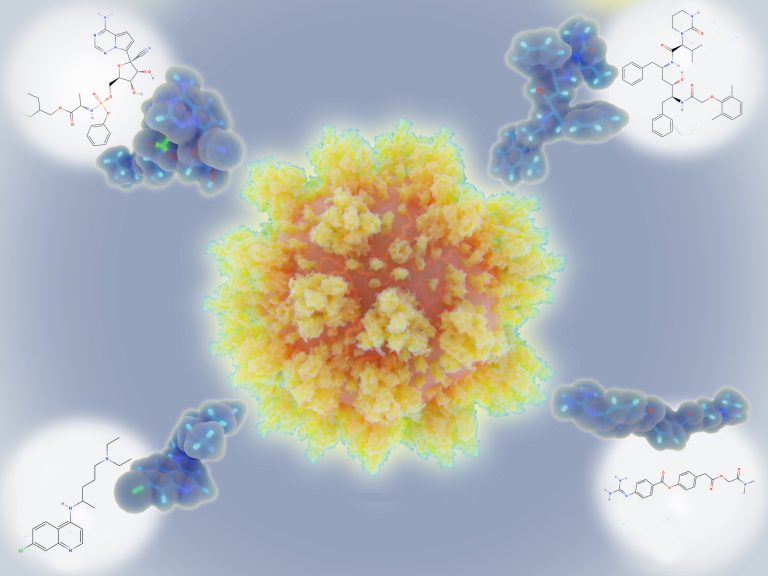
The NIH has launched a trial testing the antiviral drug remdesivir plus the anti-inflammatory drugs baricitinib or dexamethasone for treatment of COVID-19 to see which drug combination is more effective.
The Adaptive COVID-19 Treatment Trial (ACTT-4) is the fourth such trial organized by the National Institute of Allergy and Infectious Diseases, which forms part of the NIH. The aim of the trial is to assess whether a combination of remdesivir and baricitinib or remdesivir and dexamethasone has the most benefit for patients hospitalized with severe COVID-19.
This trial builds on earlier findings from the ACTT-1 trial, showing that the antiviral drug remdesivir shortened time to recovery for hospitalized patients infected with the virus. Remdesivir was originally developed as an antiviral drug to target hepatitis C and respiratory syncytial virus, but was later used more effectively to treat Ebola virus infections.
Since the onset of the COVID-19 pandemic, it has been given emergency approval to treat SARS-CoV-2 infection, although the degree of its beneficial effect has been debated.
Following the ACTT-1 trial results, the researchers showed that a combination of remdesivir and the anti-inflammatory drug baricitinib was more effective at shortening recovery time and improving patient response than the antiviral alone in the ACTT-2 trial.
The ACTT-3 trial is also testing the efficacy of remdesivir plus an anti-inflammatory treatment, in this case interferon beta-1a. It began in August this year and is due to report early findings soon.
The ACTT-4 trial will enroll up to 1500 patients hospitalized with COVID-19 around the U.S. and abroad over the next 3-4 months. Patients will be blindly and randomly assigned to treatment with remdesivir and the corticosteroid dexamethasone, which showed promise for reducing COVID-19 mortality earlier this year, or the rheumatoid arthritis drug baricitinib.
Several endpoints are being assessed, but the team is particularly looking to assess whether the two combinations can stop hospitalized adults being given oxygen from needing to be put on a ventilator or dying and whether one outcome is more effective than the other.
Although both dexamethasone and baricitinib have separately been shown to be effective at improving outcomes in COVID-19 patients, the different cohorts and trial conditions previously used to test the two drugs are not easily comparable. Hence, a direct comparison in the same study should make it clearer to clinicians whether one treatment provides a better outcome than the other.













